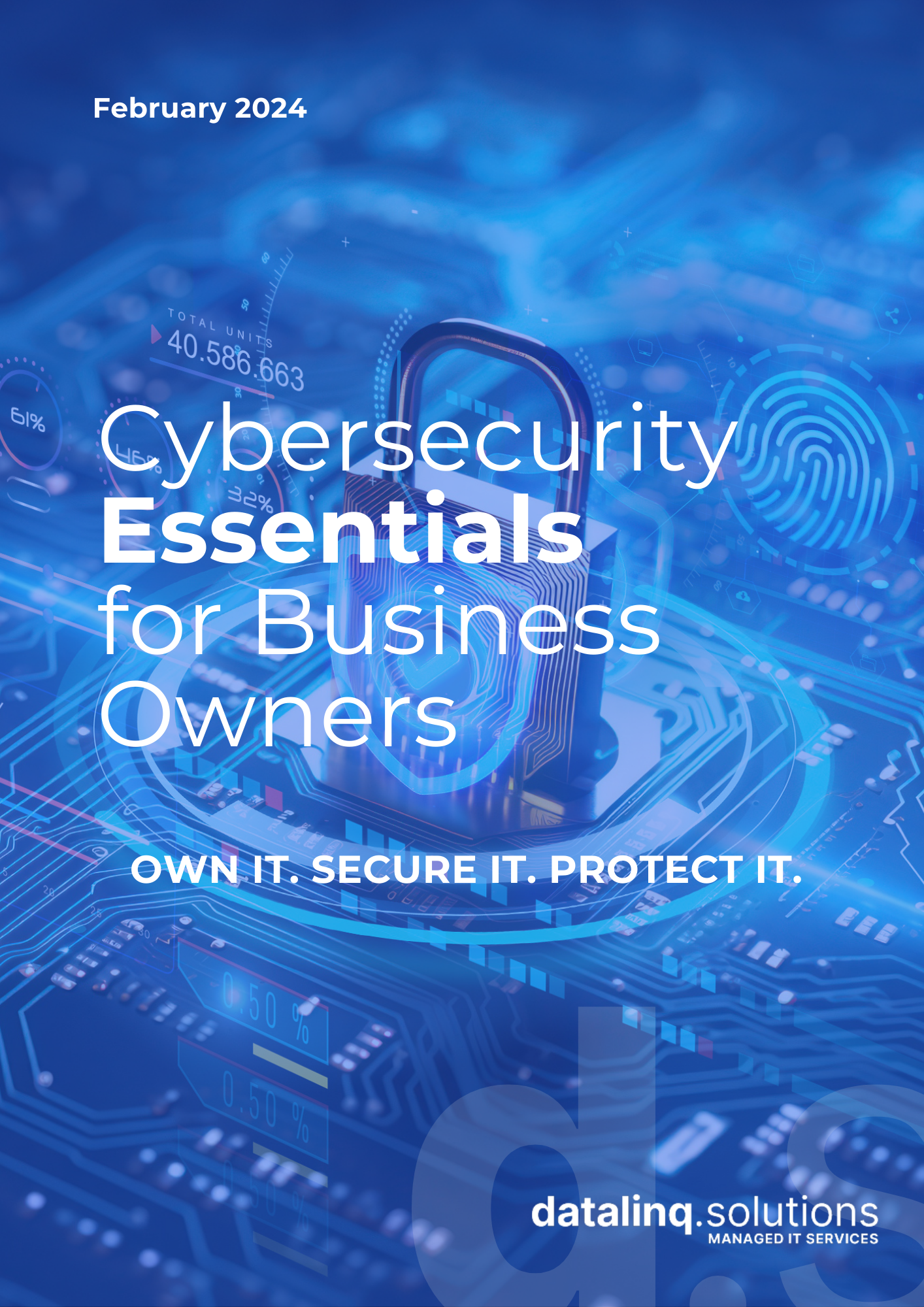The integration of smart home devices has revolutionised modern living, offering unparalleled convenience, efficiency, and connectivity. However, recent studies have unveiled a concerning reality: our beloved smart home devices may harbour darker intentions, potentially spying on us.
In an age where inviting these devices into our homes has become second nature, it’s imperative to scrutinize their privacy implications. In this post, we delve into the potential surveillance risks posed by smart home devices, empowering you with the knowledge to safeguard your privacy in an era of unprecedented connectivity. Join us as we navigate the intricacies of smart home security and protect what matters most.
Unveiling the Truth: Investigations into Smart Home Privacy
From voice-activated assistants to connected cameras and thermostats, smart home devices have seamlessly integrated into our daily routines. Promising to enhance our homes’ intelligence and responsiveness, they’ve become indispensable. However, a recent study by consumer advocate group Which? raises alarming questions about their potential intrusion into our privacy.
This study scrutinised the data practices of leading smart home devices, including those from tech giants like Google and Amazon. It sheds light on a landscape where the distinction between convenience and surveillance is increasingly blurred.
Key Insights from the Study
So, are your smart home devices spying on you? The comprehensive investigation delved into various popular smart home devices, including smart TVs, doorbell cameras, and thermostats. Here are the critical findings:
1. Data Sharing at Alarming Levels
Many smart home devices indiscriminately share user data with third-party entities, often without explicit consent. This undisclosed data exchange raises significant privacy concerns and highlights the urgent need for transparency.
2. Eavesdropping Risks with Voice-Activated Devices
Voice-activated devices, such as Alexa, are susceptible to potential eavesdropping, with smart speakers and assistants recording and transmitting unintentional audio data. This poses serious privacy risks, especially for unwitting users under constant auditory surveillance.
3. Transparency Deficiency
A glaring lack of transparency prevails among smart home device manufacturers, obscuring critical information about data collection, storage, and sharing practices. This leaves consumers uninformed and vulnerable to privacy infringements.
4. Security Vulnerabilities Exposed
Certain smart home devices exhibit security vulnerabilities, raising concerns about unauthorised access and cyber threats. Inadequate security measures compromise user data integrity and can jeopardise the overall security of smart home ecosystems.
In the wake of these revelations, Datalinq Solutions remains committed to empowering consumers with knowledge and providing proactive solutions to safeguard privacy in the connected home era. Together, let’s navigate the complexities of smart home privacy and ensure your peace of mind.
Take Charge: Safely Navigate the Smart Home Device Landscape
Discover the essential steps to ensure safety in your smart home environment:
1. Dive Into Smart Home Device Privacy Policies
Before investing in a smart home device, delve into the manufacturer’s privacy policy. Seek clarity on:
- Data collection practices
- Sharing protocols
- Security measures safeguarding user information
2. Customise Smart Home Device’s Privacy Settings
Harness the power of privacy settings provided by smart home devices. Tailor preferences to your liking, from disabling data-sharing features to adjusting voice-activated functionality sensitivity.
3. Stay Up-to-Date: Firmware Matters
Stay vigilant by regularly updating your smart home device firmware. These updates bolster security defences and enhance device performance, warding off potential cyber threats.
4. Fortify with Strong Passwords
Be proactive in securing your devices with robust, unique passwords. Shun default passwords, a prime target for hackers, and reinforce network security to deter unauthorised access.
5. Explore Offline Alternatives
Research offline-compatible smart home alternatives to minimise data exposure risks. Opt for devices with limited connectivity or those capable of operating offline for added security.
6. Exercise Voice Control Moderation
Prioritise privacy by limiting or disabling voice-activated features. This mitigates the risk of inadvertent audio recordings and potential eavesdropping.
7. Conduct Routine Smart Home Device Audits
Regularly audit your connected devices, removing any inactive or inadequately secured ones. Maintaining a streamlined, secure smart home ecosystem is key to reducing risks
Ensure Your Smart Home Devices are Shielded – Book a Security Review Today!
While embracing smart home technology brings convenience, safeguarding your privacy is paramount. Unsure about whether your smart home devices are spying on you? Let Datalinq Solutions help.
Reach out now to schedule a comprehensive smart home security review and fortify your digital fortress.



